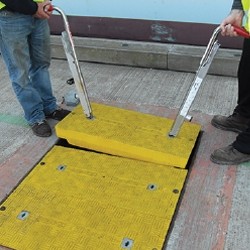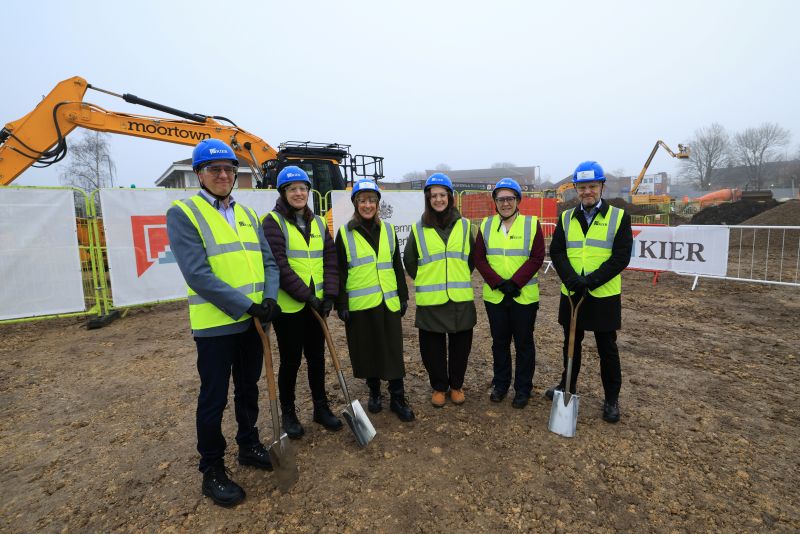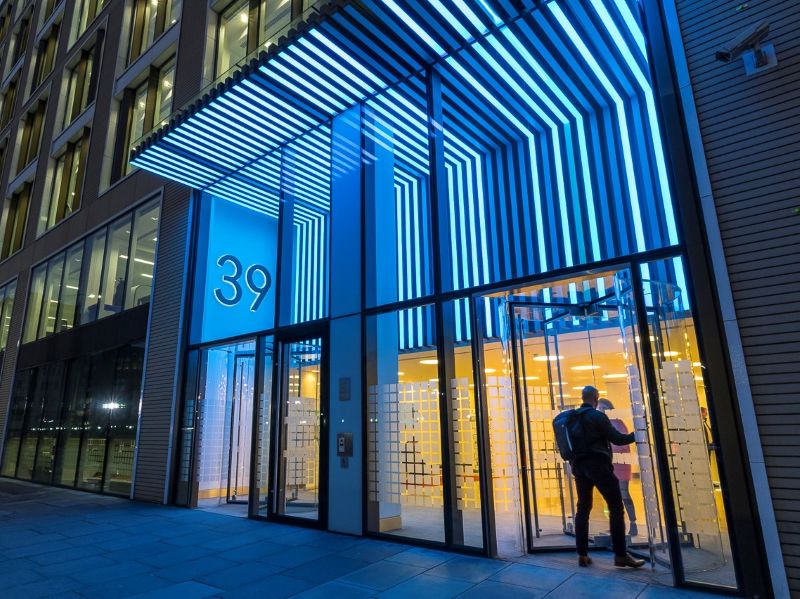
UK manufacturer Fibrelite can now provide the perfect lightweight alternative to traditionally used heavy concrete and metal access covers for areas with particularly high wheel loads such as aircraft pavements, taxiways of civil airports, shipping ports and dockyards.
"Having re-configured the internal fibreglass architecture we can meet the permanent set and test load requirements of BS EN 124, Class F900 (when tested in accordance with the Air BP test footprint)," explains David Holmes, Fibrelite's Technical Director and Head of Product Development.
“The biggest single benefit of using Fibrelite’s composite covers at the higher load ratings is their strength to weight ratio – very strong and still manually lifted.”
The request for Fibrelite to provide F900 heavy duty trench covers initially came from the UK’s largest container port in the South-East of England. Their work inspectors were exploring replacement options for extremely heavy and corroding steel covers that had been installed years earlier, these extremely heavy covers required a crane and dedicated lifting equipment, which incurred a financial cost with equipment and manpower to lift the covers every time the ships come into dock.
The benefit of using a retrofit system is that costly and time consuming installation is eliminated. There are no break outs of existing structures and no curing time resetting structures into concrete. In critical high trafficked areas this is a major advantage.
“These highly engineered composite trench covers have eliminated costly and time consuming procedures, as well as allowing for a load rating of up to 90 tonnes. The associated increase in productivity and significant reduction in costs were huge benefactors for the consulting engineers and customers alike,” explains David Holmes.
With recent statistics attributing over half of injuries (resulting in absence from work) to manual handling it’s already known that reducing hazards in this area is a priority on a global scale. Because of legislation restricting acceptable manual handling weights, we are seeing a global trend towards lighter weight composite manhole and access cover materials, which also have the benefits of ease of handling and corrosion resistance.
Lightweight composite covers that provide safe and easy access eliminating unsafe manual handling issues are replacing aging concrete and heavy cast iron access covers all over the world. By using lighter materials, operational injuries are prevented, work sites are made safer and ease of installation and maintenance is made available to utility workers and contractors.
The design of these lightweight covers incorporates up to two lifting points for specially designed lifting handles. These allow the operator to remove the cover without trapping fingers or bending over thus maximising the safety of the lifting technique. The weight is kept close to the body preventing back injury; one of the main causes of absence from work and personal injury claims. The chart below shows that the safest place to lift or pull a load is close to the body at waist height.




















